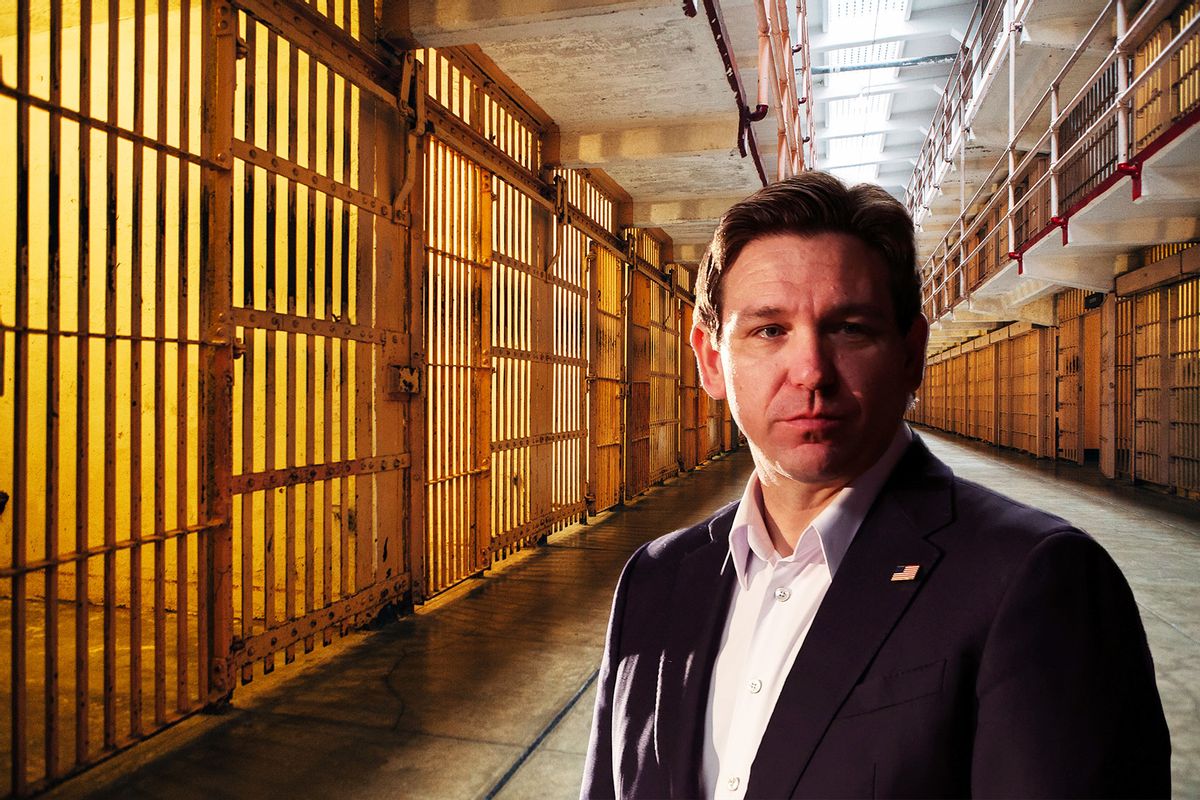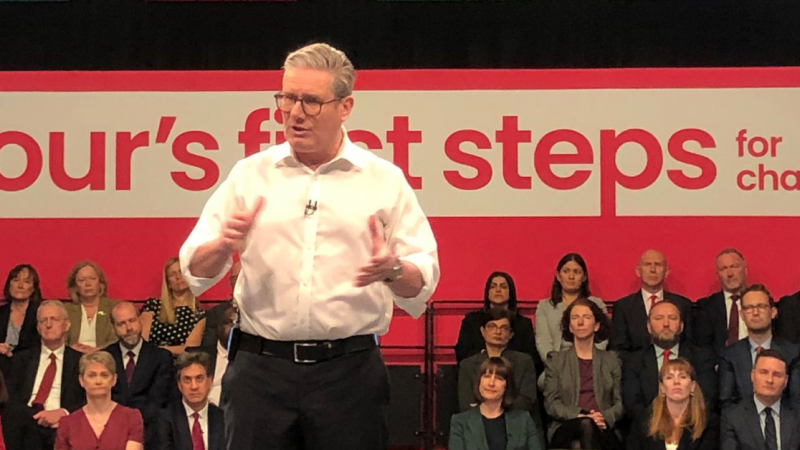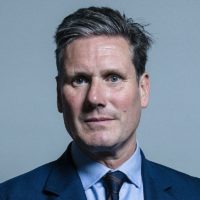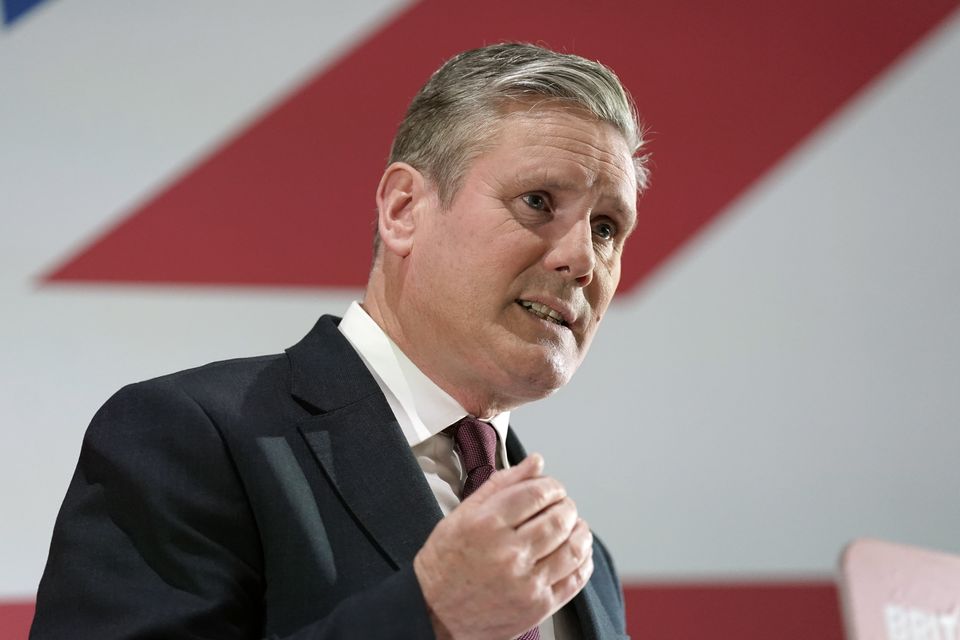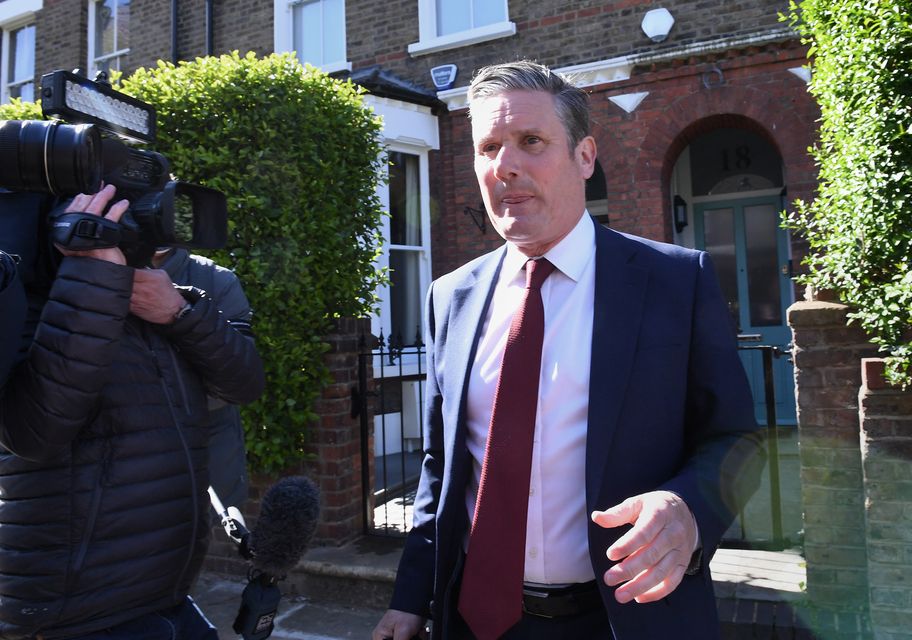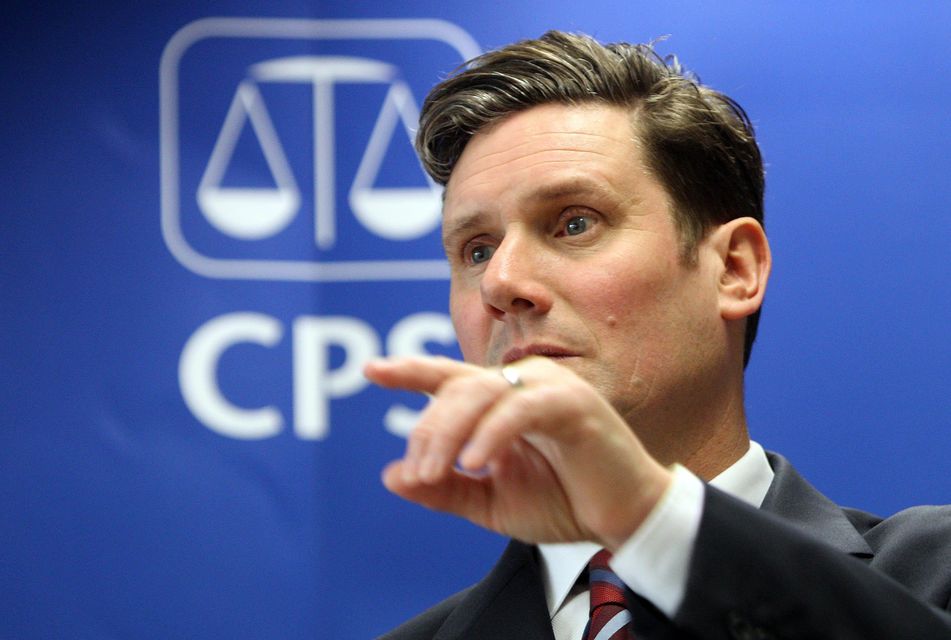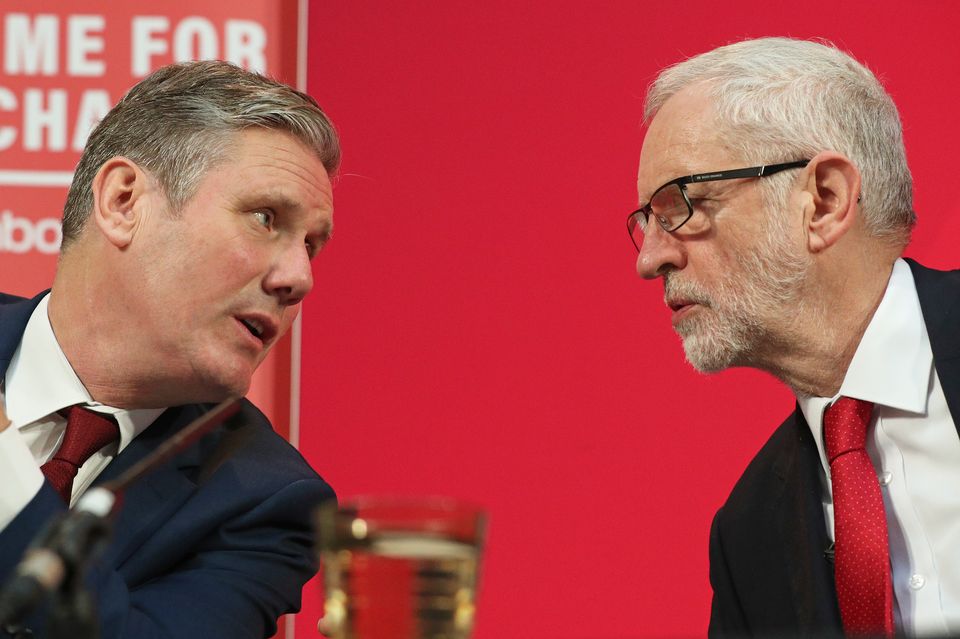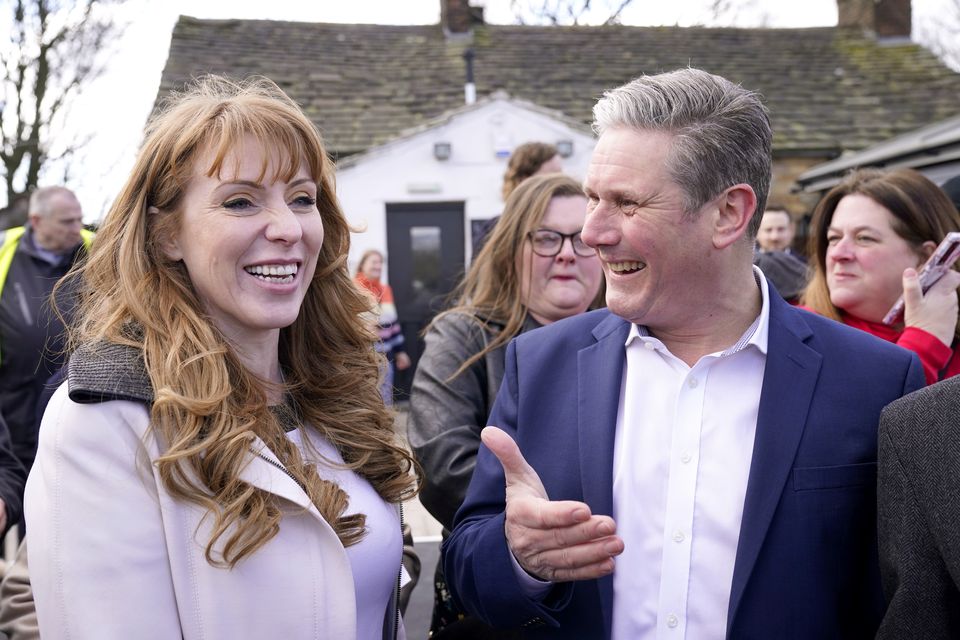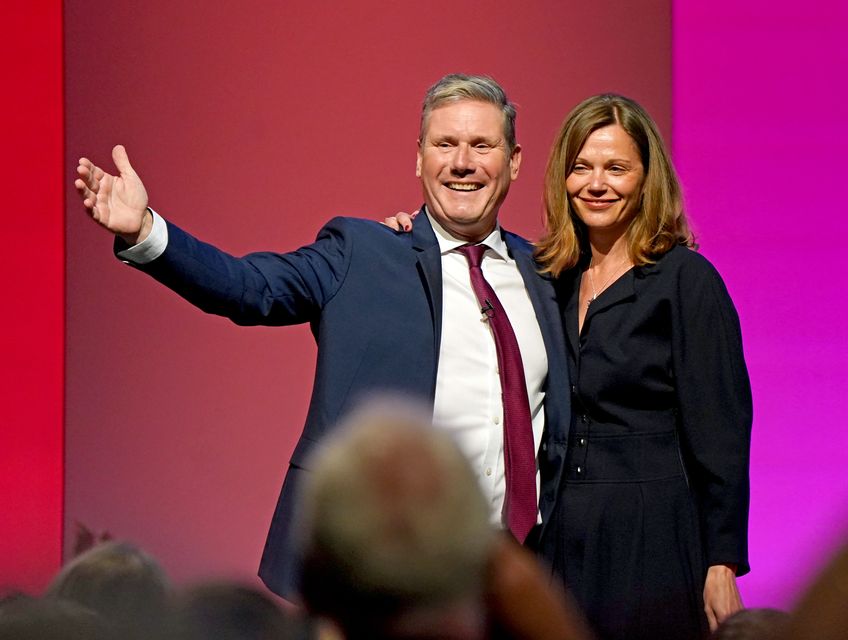
Image by Hennie Stander.
Earning enough to pay the rent or mortgage, cover utility bills and travel costs, buy food and have the occasional coffee is impossible for many. But its not hard for everyone, is it; there are a small number of people living among us who don’t have to worry about the bills, are not troubled when food prices increase or rents balloon.
They are the rich and the obscenely rich. On the surface they look like the rest of us, but they live in a completely different world to the one most of us inhabit. A pristine space of privilege and political influence, for in our corrupt world bereft of principled political leaders, money and power are bedmates.
The statistics around wealth and income inequality are manifold and horrifying.
There are, according to Forbes more billionaires in the world than ever before; 2,781 individuals with fortunes in excess of $1Bn (up 141 on 2023), of which 14 are ‘centi-billionaires’ i.e. fortunes over $100 Bn. Mostly the super rich are men, Oxfam record that, “Globally, men own US $105 trillion more wealth than women.”
During the last ten years, (which saw the 2008 financial crash, Covid and the Ukraine/Russia) the collective wealth of this tiny shiny gang has increased by 120%. As Forbes puts it, “Even during times of financial uncertainty for many, the super-rich continue to thrive.” At the same time, on the same planet, as the hyper rich drown in money and stuff, around five billion people around the world are poorer now than they were in 2019.
The poorest everywhere are women, people of colour (“in the USA, the wealth of a typical Black household is just 15.8% of that of a typical white household”) and marginalised groups; the same sections of society coincidentally that were most severely impacted by Covid.
Remember all the talk during the pandemic of a socio-economic reset, of tackling social injustices, creating fairer more integrated ways of working and living etc, blah, blah blah. Well, Oxfam reveal that, in subsequent years while “average real wages of nearly 800 million workers have fallen” across 52 countries, the worlds billionaires are $3.3Tn richer than they were pre pandemic……and their wealth has grown three times faster than the rate of inflation.”
Unimaginable wealth for a tiny number of individuals while the majority of humanity live in varying levels of poverty or economic hardship. “The wealth of the world’s five richest billionaires has more than doubled since the start of this decade, while 60% of humanity has grown poorer.” ‘Trickle down economics’ (“gush up” as Arundhati Roy rightly describes it) is a dystopian fantasy peddled by those who are swimming in cash.
In parallel to unprecedented concentrations of wealth, the corporations that many of these individuals lead or own have also been making unprecedented profits. Oxfam: “148 of the world’s biggest corporations together raked in $1.8 trillion…in total net profits in the year to June 2023, a 52 per cent jump compared to average net profits in 2018-2021.”
Record profits as the majority are struggling to feed themselves, are in many cases falling into debt and destitution, whilst being told to ‘tighten their belts’, by obnoxious, often wealthy, politicians beholden to corporate leaders.
Virtually all profits are dished out to shareholders, with companies refusing to pay their staff properly; less than 0.5% “of over 1,600 of the world’s largest companies “pay their workers a living wage.” Corporate greed knows no limits, nor the level of worker exploitation.
Corporate political power fuels inequality not just by shareholder payouts, but by keeping wages low, avoiding paying taxes, absorbing and running public services and feeding climate change.
Multiple inequalities
In addition to growing inequality within countries, the gap between the Global north and the Global south is also increasing.
There are various forms of inequality that flow from the underlying cause, financial inequality: climate change, political influence, housing, access to the arts and internet, good health care and stimulating education among others.
Under the socio-economic system of the day, all is dependent on money. Financial hardship/poverty places individuals and nations in a position of disadvantage, making it impossible for example to live in a comfortable home, eat a balanced healthy diet, to attend a good school, visit art galleries and the theatre, access the internet; travel, have a voice that is listened to by the political class.
The systemic cause of this madness is of course the inherent injustice/s sewn into the DNA of the pervasive socio-economic model. The more extreme, the more fundamental the form of capitalism becomes concentrations of wealth intensify and narrow, inequality increases, democracy flounders, social divisions and anger grow.
Since the 1990s, thanks largely to that fanatical duo, Thatcher and Reagan, and intensifying year on year, the socio-economic paradigm has moved from twilight to utter darkness. Neo-Liberalism or Market fundamentalism, has expanded its reach, until it now dominates virtually all areas of life, in almost every corner of the world.
The Paradigm of Greed and Destruction champions excess; sufficiency, simplicity and moderation are dismissed. Everything is seen as a commodity, including health care, education, and people, to be monetised, exploited to the last drop and profited from. Everyone is regarded as a consumer, every nation, city or village analysed as a potential marketplace.
It is a deeply materialistic, extremely crude, albeit complex way of organising society, that humanity is enthralled too and entrapped by. Obsession with objects and sensory experiences has resulted in mankind being divorced from him/herself, from the natural world and that underlying reality, which we call god. It is choking the life out of humanity, poisoning the planet and driving climate change.
Yes, the underlying cause of climate change and ecological vandalism is consumerism, therefore greed. Not consumerism within poor developing nations (including China) of course, but relentless irresponsible consumerism in rich western nations (US leads the pack by some margin), particularly the richest members within these societies. “The richest 1% globally emit as much carbon pollution as the poorest two-thirds of humanity [roughly 5.4billion].”
It doesn’t have to be like this
Keeping the masses poor, physically exhausted and emotionally drained, whilst concentrating wealth into the pockets of the already rich is not a new game of course. As Priya Sahni-Nicholas of the Equality Trust explains, “The super-rich have spent centuries diverting wealth into their hands, making our democracy less responsive to people’s needs and damaging our communities. The result is we [society/nations] are poorer, sicker, less productive, unhappier, more polarised, and less trusting.”
The values of the market are destroying communities and literally making people ill – physically and psychologically (and of course the two are inter-twinned). These insidious tools of control create the conditions for all kinds of conflict, individually and collectively. They fuel tribalism, deny/pervert democracy, encourage corruption, and make peace impossible. All of which is by design; the last thing the ruling elites want is a contented happy, and well informed populace.
Despite the dogmatic rhetoric from politicians of all colours this is not the only way to live, the only option. We can change this, and if we are to prosper.
At the heart of any re-imagining must be that simple attitude and action that parents routinely encourage in their children, – Sharing. We need to learn to share; fundamentally to share the essentials required to live – water, food, shelter; share the knowledge, information, and technology. Ensure everyone, irrespective of income has access to good quality health care and stimulating education, and begin to create a just world where trust can blossom, differences dissolve and relationships form.
Sharing is the first step of such a shift. If introduced as a guiding principle it would have a profound impact, not just in the way basic needs are met, but in the collective consciousness. It would facilitate a kinder, fairer, society and allow a space to open up in which stress could gradually dissolve. The mechanisms for building sharing into the machine could easily be designed and introduced, if, and of course its a colossal if, the political will was there.
In parallel with structural simplification, purpose needs to be rediscovered and actions cleansed. Humanity must – or potentially face extinction – move away from the relentless pursuit of material, sensory pleasure, which demands constant stimulation through consumption, and therefore, ensures perpetual discontent and environmental catastrophe, to a quieter, simpler mode of living.
This may sound ridiculously ambitious, and given the determination by corporations, the exceedingly rich and weak politicians with vested interests, and public apathy, it may well be. But unless purpose is re-imagined, and unless ‘root and branch’ economic ‘reform’ takes place, the social-economic-political divisions will not just continue, they will intensify, and the unbelievable extremes will become normalised, baked into everyday life and everyday politics.
This is the time for such a move; everything is in a state of collapse; all the forms, all the systems and, in societies throughout the world, particularly the West, many of the people are falling apart. If not now, when?



